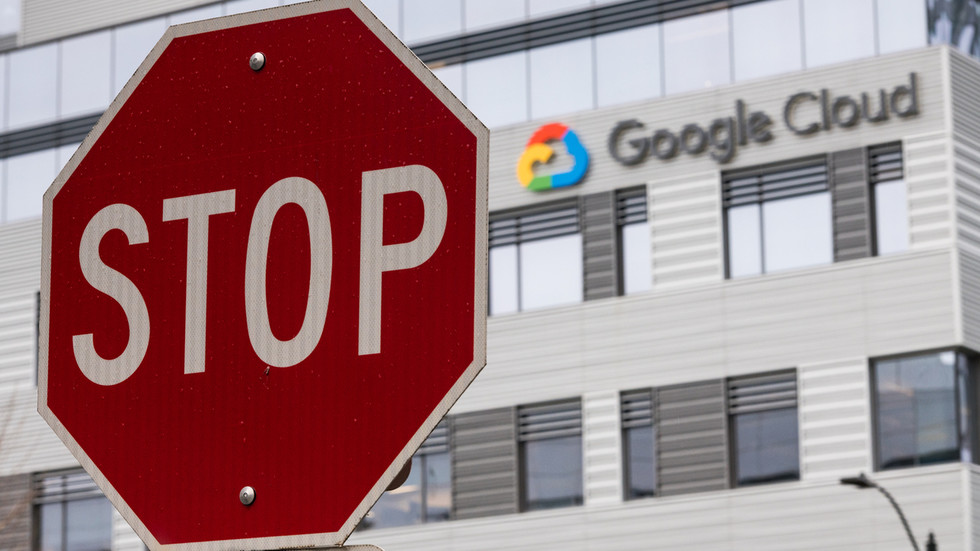Microsoft has recently leveled serious accusations against its rival Google, asserting that the tech giant is engaging in “shadow campaigns” aimed at discrediting Microsoft’s cloud business among regulatory authorities and policymakers in the European Union (EU). In a statement made by Rima Alaily, Microsoft’s Corporate Vice President and Deputy General Counsel, the company claims that Google has employed a firm to create “astroturf” organizations. These entities are intended to artificially represent the interests of European cloud companies while covertly promoting Google’s agenda. Alaily argues that this strategy is designed to mislead the public and regulatory bodies about Microsoft’s operations, thereby undermining its position in the competitive cloud market.
The allegations come in the wake of a troubling incident involving the Cloud Infrastructure Services Providers in Europe (CISPE), where Microsoft was reportedly close to resolving an antitrust complaint against it. According to Alaily, Google attempted to interfere by offering CISPE members lucrative financial incentives—around $500 million—to turn down the settlement. This included offers earlier this year amounting to €14 million in cash and further software credits. Microsoft’s eventual settlement with CISPE was concluded for much less, approximately $22 million, indicating potential strategic maneuvers by Google to prolong its corporate rival’s challenges in the EU regulatory framework.
Alaily’s accusations extend beyond the establishment of manipulated lobbying organizations. She emphasizes that Google is utilizing its substantial resources to undermine competitors rather than addressing the scrutiny on its own business practices. This criticism comes as Google confronts at least 24 antitrust investigations worldwide. The company’s monopolistic behaviors in search, digital advertising, and mobile applications have triggered a level of scrutiny not seen in two decades, highlighting the intensified focus on how major technology firms operate within a competitive landscape.
Historically, the relationship between Microsoft and Google has been fraught with contention. In 2016, after a prolonged series of patent-related legal disputes, the companies formed a non-aggression pact in hopes of mending ties. However, upon the expiration of this agreement in 2021, the rivalry resurfaced fiercely, with both firms vocalizing their accusations of anti-competitive behavior. Just last year, Google accused Microsoft of engaging in unfair practices within the cloud computing sector, urging local regulators in the EU to initiate further investigations. This illustrates how the competitive dynamics between these two tech giants have evolved with the growing significance of cloud computing in the global market.
The rise in scrutiny surrounding cloud computing comes amid an increasing recognition of the dominance exhibited by a few major players in the industry. As cloud services become more integral to corporate operations, governments and regulatory bodies are becoming more vigilant regarding potential anti-competitive practices that could stifle innovation and limit choices for consumers. This regulatory environment appears to be catalyzing heightened tensions between Microsoft and Google, both of whom are vying for a larger share of the lucrative cloud services market.
In conclusion, the accusations levied by Microsoft against Google underscore the ferocity of competition between these technology giants, particularly in the rapidly evolving arena of cloud computing. Allegations of unethical lobbying practices and attempts to undermine each other’s market positions reveal a broader struggle over regulatory influence and consumer trust within the tech sector. As investigations intensify and the public’s understanding of these dynamics deepens, the implications for both companies—and the industry as a whole—will continue to unfold, shaping the narrative around competition and innovation in the digital age.

